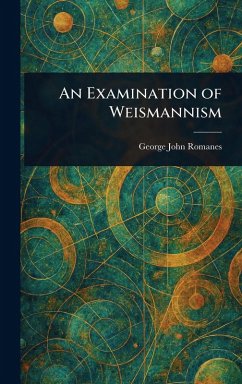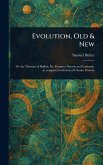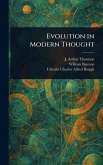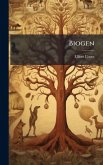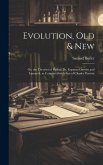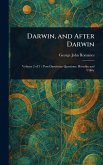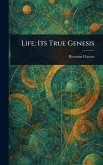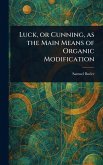"An Examination of Weismannism" delves into the groundbreaking theories of August Weismann, a pivotal figure in the history of evolutionary biology. This meticulous examination by George John Romanes explores Weismann's revolutionary concept of germ plasm and its profound implications for understanding heredity and natural selection. A key contribution to the scientific discourse of its time, this book offers insights into the debates surrounding evolution and the mechanisms of inheritance. Romanes critically analyzes Weismann's ideas, providing a valuable historical perspective on the development of modern evolutionary thought. Readers interested in the history of science, particularly the evolution of ideas about heredity and the enduring impact of Weismann's work, will find this volume an essential resource. This republication offers a carefully prepared print edition of a classic text. This work has been selected by scholars as being culturally important, and is part of the knowledge base of civilization as we know it. This work is in the public domain in the United States of America, and possibly other nations. Within the United States, you may freely copy and distribute this work, as no entity (individual or corporate) has a copyright on the body of the work. Scholars believe, and we concur, that this work is important enough to be preserved, reproduced, and made generally available to the public. We appreciate your support of the preservation process, and thank you for being an important part of keeping this knowledge alive and relevant.
Bitte wählen Sie Ihr Anliegen aus.
Rechnungen
Retourenschein anfordern
Bestellstatus
Storno

